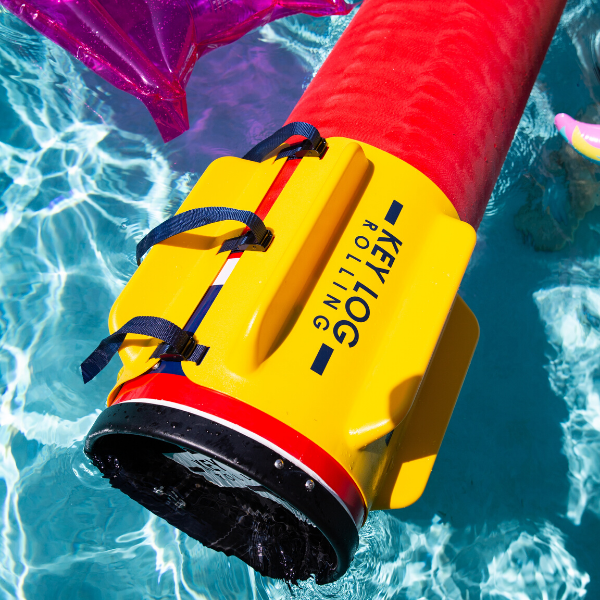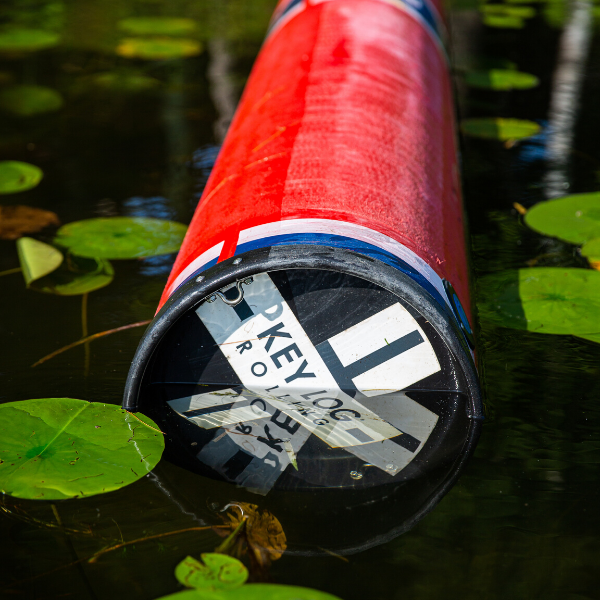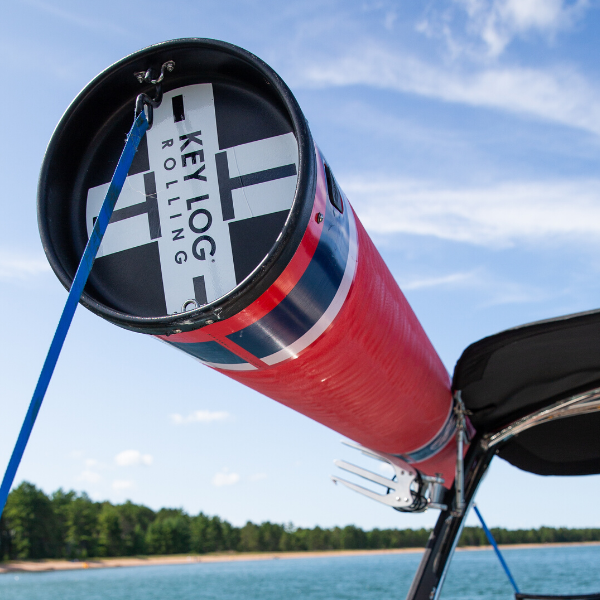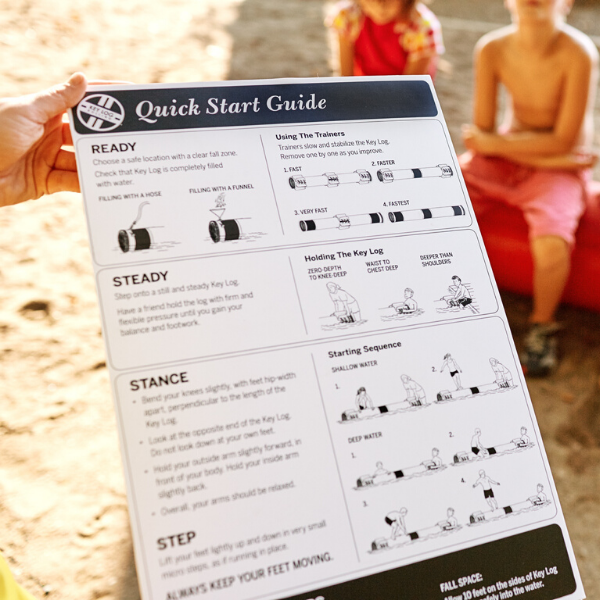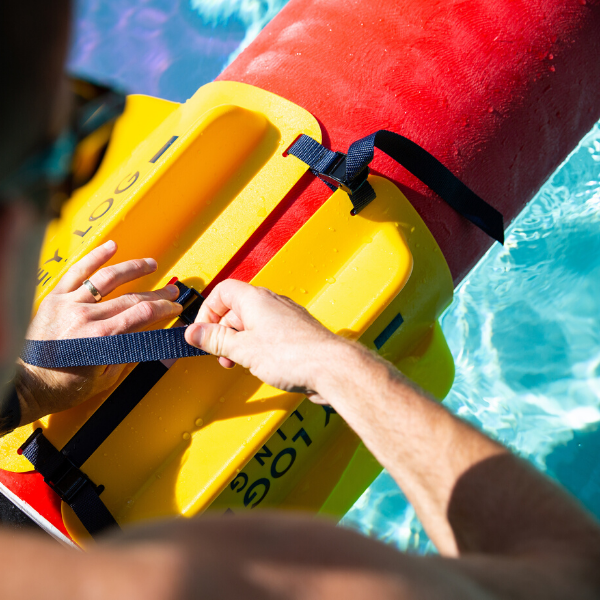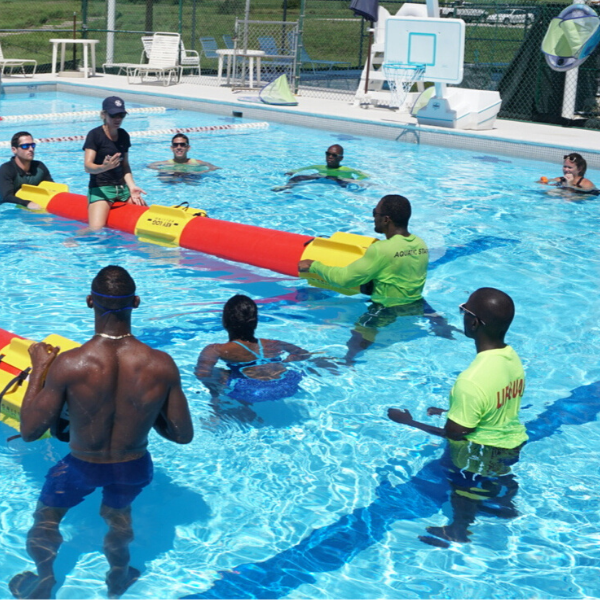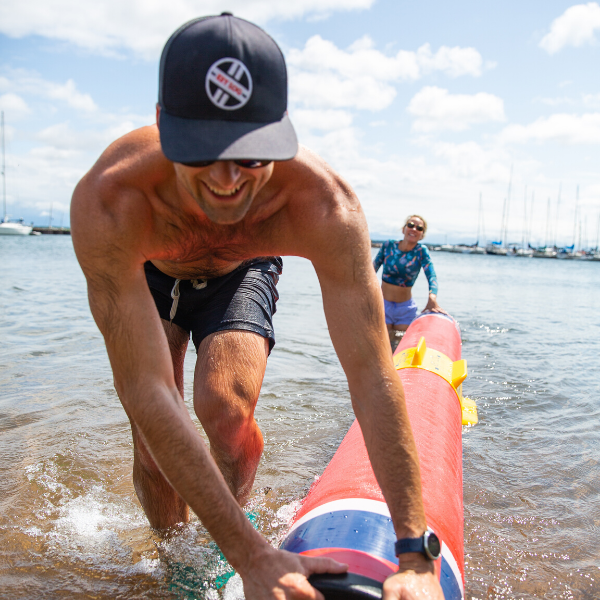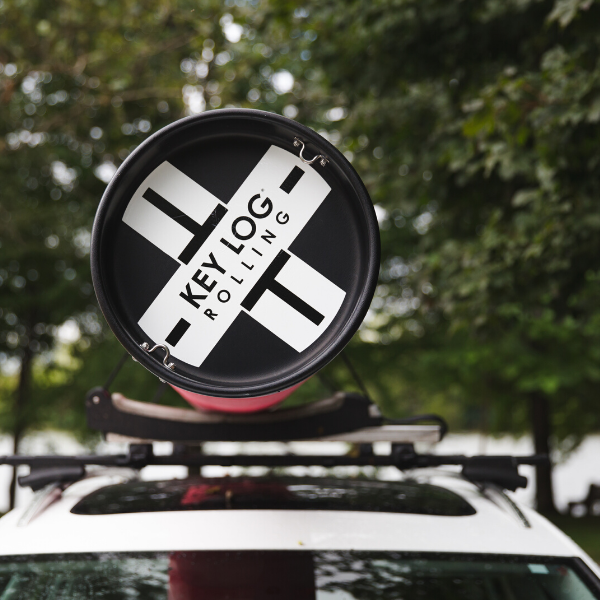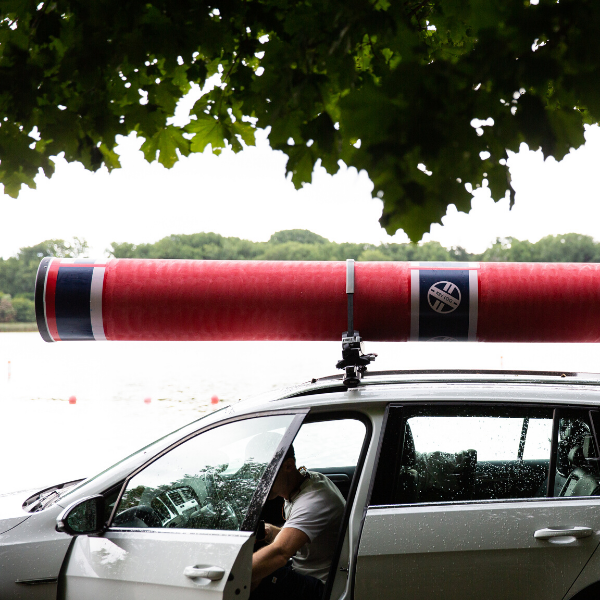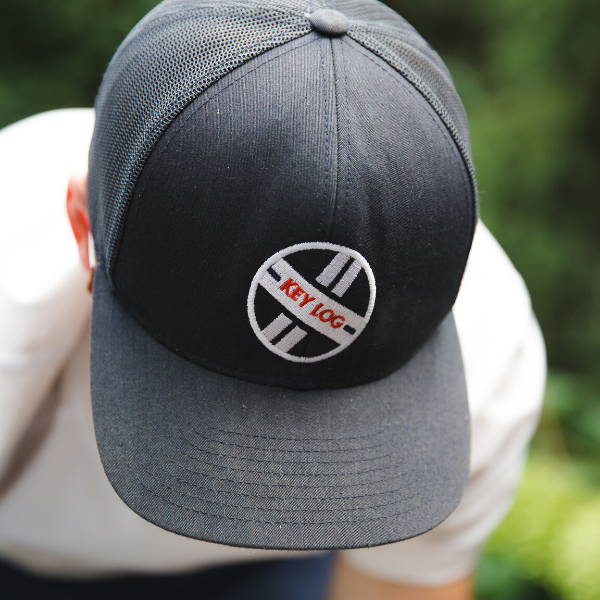We sat down with Nathan Blascyk, head coach for the elite youth log rollers in the Minneapolis Log Rolling Club. When Nathan first started teaching log rolling classes four years ago, he only had a few months of experience. He is proof that even beginner/intermediate rollers can be excellent coaches. Recently, he became a certified KLR Instructor Trainer. We asked for his take on transitioning from log roller to coach, how he structures practices, and the future of log rolling. Our biggest takeaway? Whether starting a new programor trying to take your existing program to the next level, you don’t need expert instructors, all you need are enthusiastic staff who are willing to learn and explore new ideas!
Q: How did you get involved in the sport of log rolling?
I was a senior in college looking for an internship to complete my degree. I stumbled upon the Key Log Rolling internship, and had the opportunity to take the training course and learn how to log roll. I’ve been involved since then.
Q: Had you known anything about the sport prior to your internship?
I think I was as familiar to the sport as most people. I knew what log rolling was, but had only seen it on TV a couple of times from watching the lumberjack games. I had never rolled before or seen it in person until my internship. That’s when I realized it wasn’t just some fun game, but a real competitive sport.
Q: What have you grown to love most about log rolling?
One thing I love the most about it, and what separates it from other sports, is that it’s a very low impact sport for your body. It is a heavy cardio workout, but in the water. It’s easier on your body and less dangerous. If you fall the water will catch you.
Another great aspect is that if you keep working at it, you feel yourself getting better and better. The most fun part is the process and journey of improving every time you’re on the log.
Q: How was the process from going from a log roller to a coach?
One thing I’ve realized is it’s a lot easier to instruct than it is to “do”. A struggle I have as a roller is when I fall it’s hard for me to figure out what went wrong. As a coach, it’s nice to be able to have an outside view of the rollers to figure out mistakes that are happening and correct them.
Q: Do you think being new to log rolling has helped you as a coach?
In some ways, I think so. People who have log rolled their whole life obviously know how to log roll, but they may not understand it from a beginner’s perspective. I think being new to the sport has allowed me to relate better to new rollers, especially with adults.
Q: What kind of drills do you work on with the kids?
I try to think of new drills each week that are game oriented, fun, and competitive. A game I like to do is monkey on the log. One person is on top of the log as normal, the other person straddles the log from the other side. The first to fall off the log loses. Another drill I like is ninja. You basically throw objects at kids while they are balancing on the log for them to dodge and work on balance.
Q: Do you work on anything out of the pool?
We usually try to maximize our pool time, but anything out of the water that challenges your balance and footwork are useful, like yoga or high knees.
Q: What’s the most rewarding part of your job?
Seeing the kids improve every week, and seeing how much they care.
Q: What advice do you have for others looking to become a coach?
If you’re going to become a coach, don’t be worried about the kids being better than you. That’s a good thing. If the kids are better, you are doing your job in developing them.

